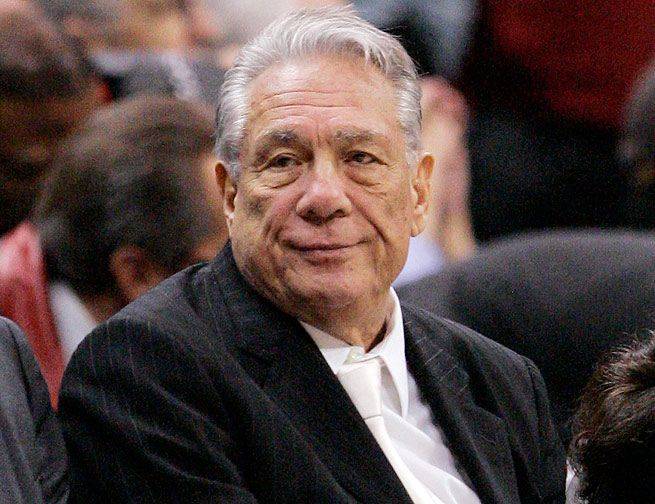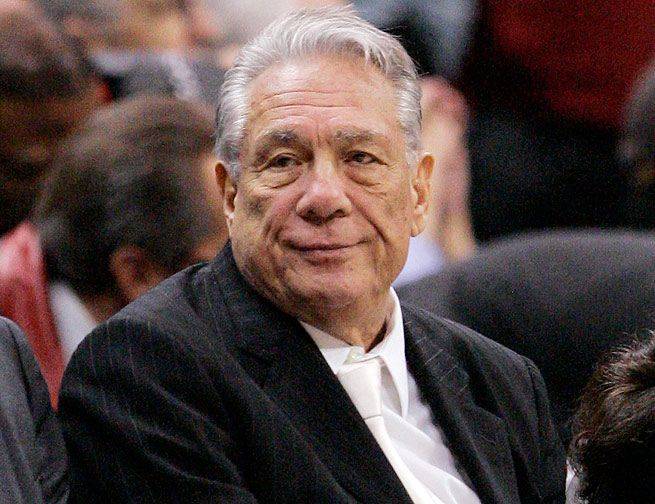 This op-ed was written by an Education Justice Project student. Education Justice Project offers upper-division college courses for credit at Danville Correctional Center. Its mission is to build a model college-in-prison program that demonstrates the positive impacts of higher education upon incarcerated people, their families, the communities from which they come, the host institution, and society as a whole.
This op-ed was written by an Education Justice Project student. Education Justice Project offers upper-division college courses for credit at Danville Correctional Center. Its mission is to build a model college-in-prison program that demonstrates the positive impacts of higher education upon incarcerated people, their families, the communities from which they come, the host institution, and society as a whole.
The NBA banned Donald Sterling, the owner of the Los Angeles Clippers, for life when the discriminatory remarks he made surfaced on TMZ. Immediately after the NBA’s decision, you saw players, current and retired, as well as fans, proudly showing their support of this decision, and the NBA feeling proud that they could take such a stand to show their tolerance and diversity.
I am not here to pat Adam Silver on the back though. Mr. Silver, if you really want to hear my views: you haven’t done nothing. TMZ was not the first media outlet to show Donald Sterling’s true nature, so why did it take the NBA so long to act? Elgin Baylor, who worked for Donald Sterling, had to put up with his racism for at least twenty years. If the NBA really wants to take a stand against discrimination, become proactive, rather than waiting for an issue to be blown out of proportion by the media. The NBA needs to promote critical media literacy, but first it has to learn it. Bring in scholars such as Stuart Hall, Eric Deggans, Sut Jhully, Cornell West, Henry Louis Gates, and Henry Giroux to teach your players, as well as your staff to recognize the subtle forms of discrimination being perpetrated through media in the form of stereotypes, in order to take a stand against them.
To take a stand against discrimination, cut ties with networks that do not promote diversity, but the ideology of white privilege. To take a stand against discrimination, be more supportive of the WNBA by demanding that sports networks be more supportive in their coverage of women’s sports. Although the “N-word” can be hurtful to a person of color, it doesn’t hurt as much as not being able to get a job because of gender or racial differences. We have a long way to go to become a post-racial society, Mr. Silver, but if you follow these few steps, you will put us much closer to making that a reality.
-— Shaun Wilkes








